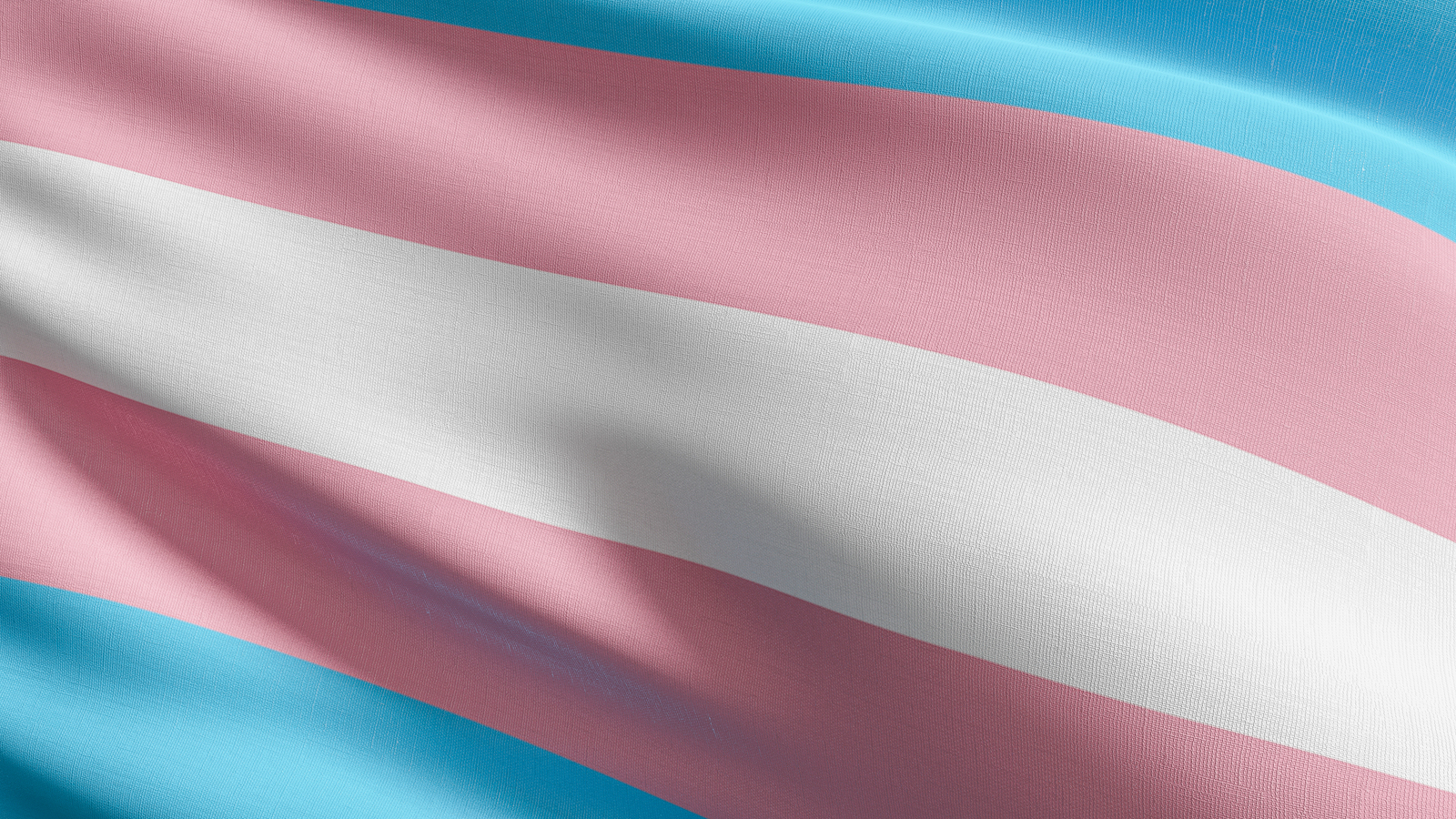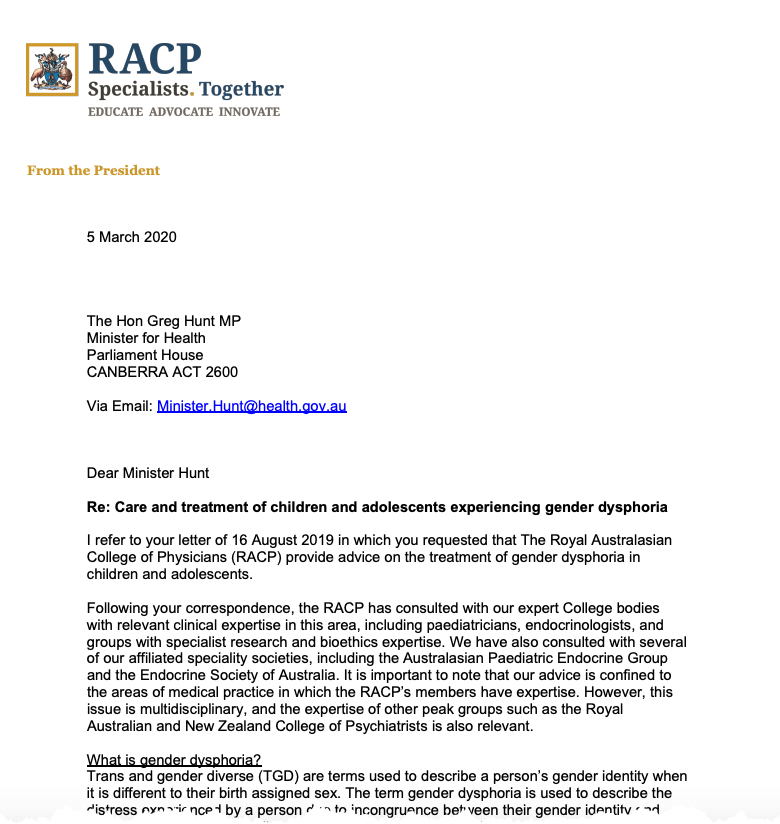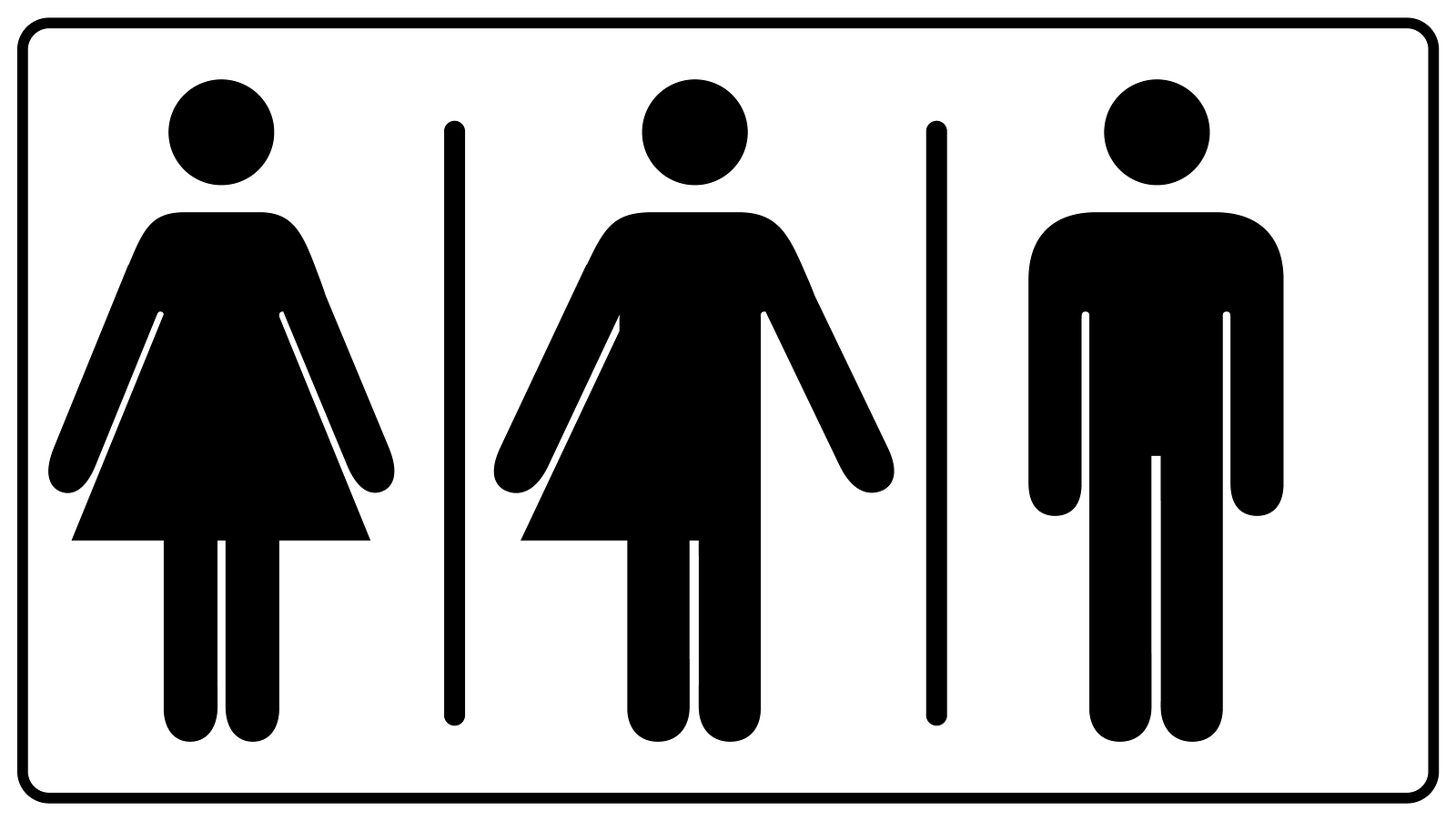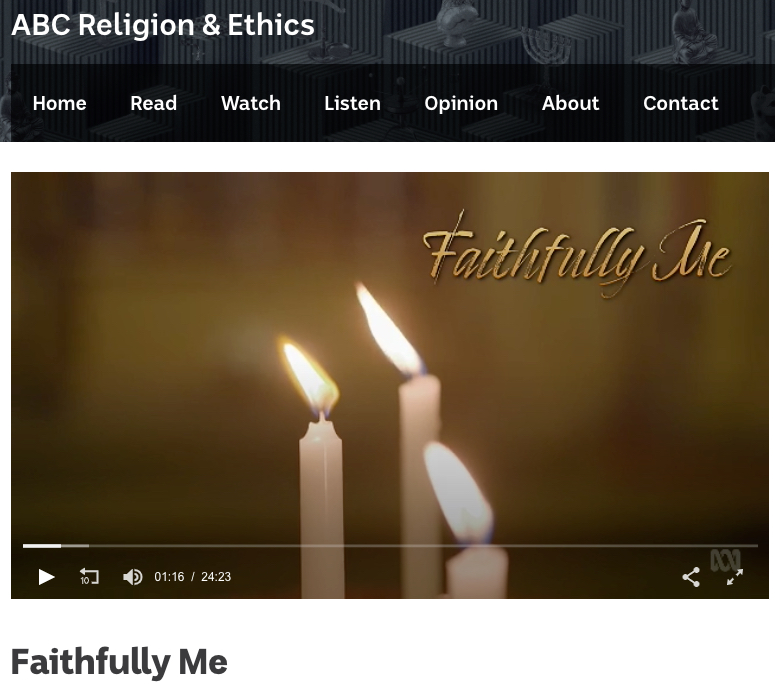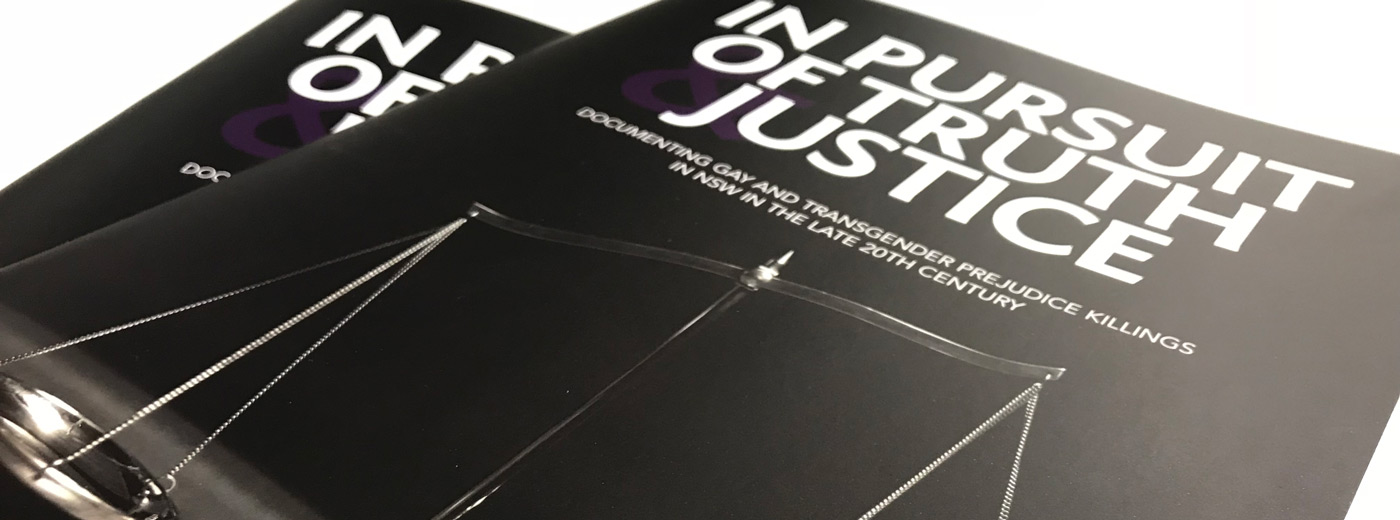Trigger Warning:
Includes Sexual Assult, Domestic and Family Violence

Since the last NSW/ACT Synod meeting of the Uniting Church in Australia, I have been thinking about the fantastic journey we are starting. One of the primary focuses is on people in their first third of life.
My meandering mind has also been looking at what lessons we should be learning from the COVID Pandemic.
I have been frustrated by many of our political leaders whose calling cry has been for the return to ‘normal’ as quickly as possible, whatever normal is.
The old normal was one of the defining factors for the spread and response issues to the pandemic. However, that is another long topic.
We have seen social construct issues through this pandemic as our society has become more I-focused rather than We-focused on. Jesus has been the clarion call for society being we focused, as seen in his clear summary to love one another.
As a church, we have to be challenging the old normal and provide leadership as part of the pandemic recovery to drive a better balance in society. This would be across areas such as distribution of wealth, access to health care (of all forms) everywhere, improving social connectedness, thinking of the people on the margins, either due to race, disability, being in prison, about homes for the homeless, health, drug additions etc. With this is ethical decision-making of governments, being driven by lobbyists and organisations with the largest donations for influence.
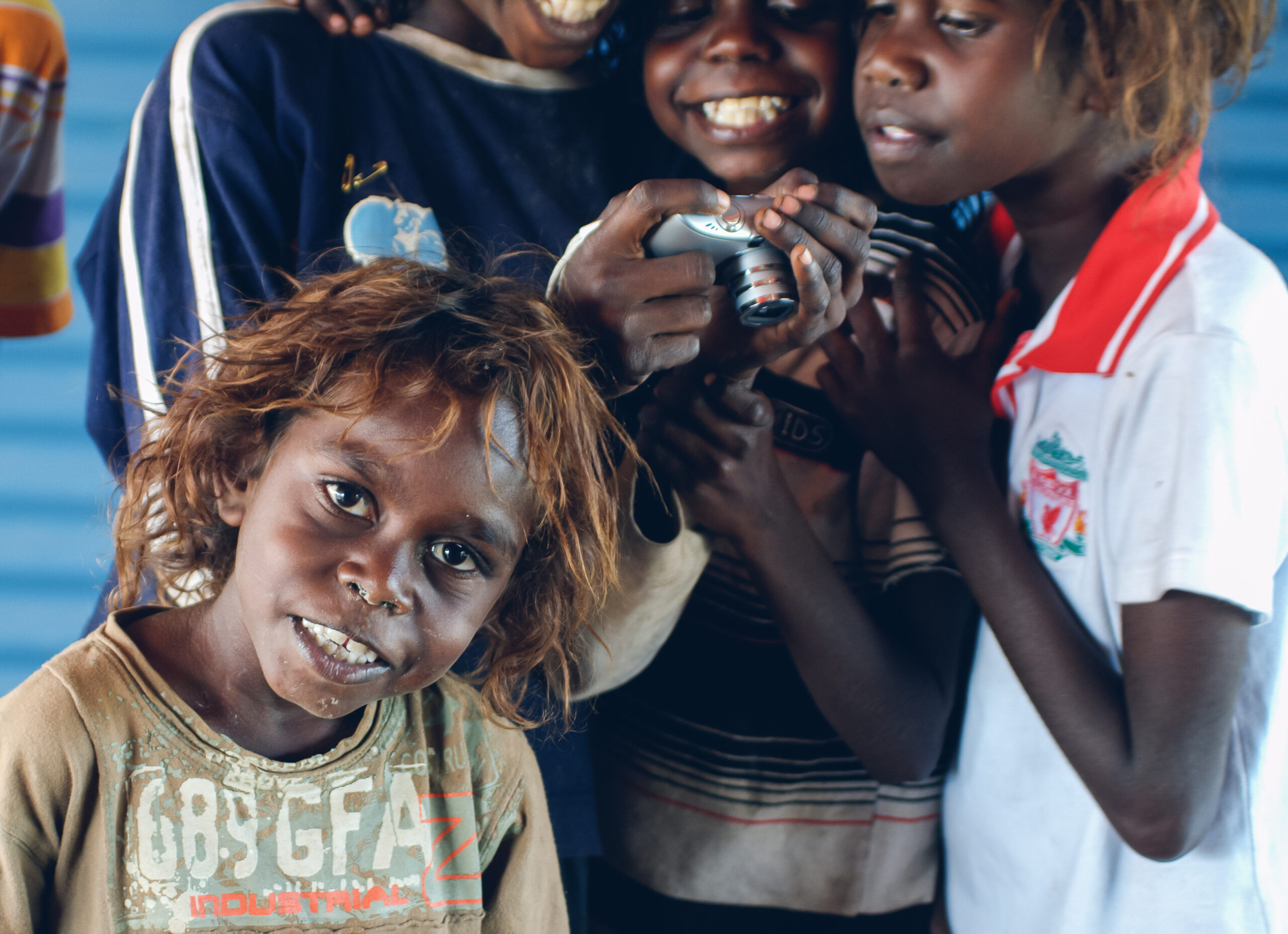
As we reach out to people in their first third of life through evangelism, social justice activities, community engagement etc., I think our old normal may no longer be acceptable, relevant or useful. Do we need to develop something new? What are some of the old normals we need to contemplate and change our ways, thinking, etc.?
1. They know about Child Sexual Abuse
The people we are reaching out to, the youth, are very are aware of the recent history of child sexual abuse within religious organisations. The Uniting Church has not been immune from this. However, we have confronted our past with more integrity and a more victim-centred approach, but not perfectly.
Unfortunately, other denominations are still dealing with this horror. Often with a reputation of not dealing with victims ethically and campaigning against laws to make notification of child sexual abuse mandatory. Further, many younger people see that there has not been any real consequence around the years of abuse on children.
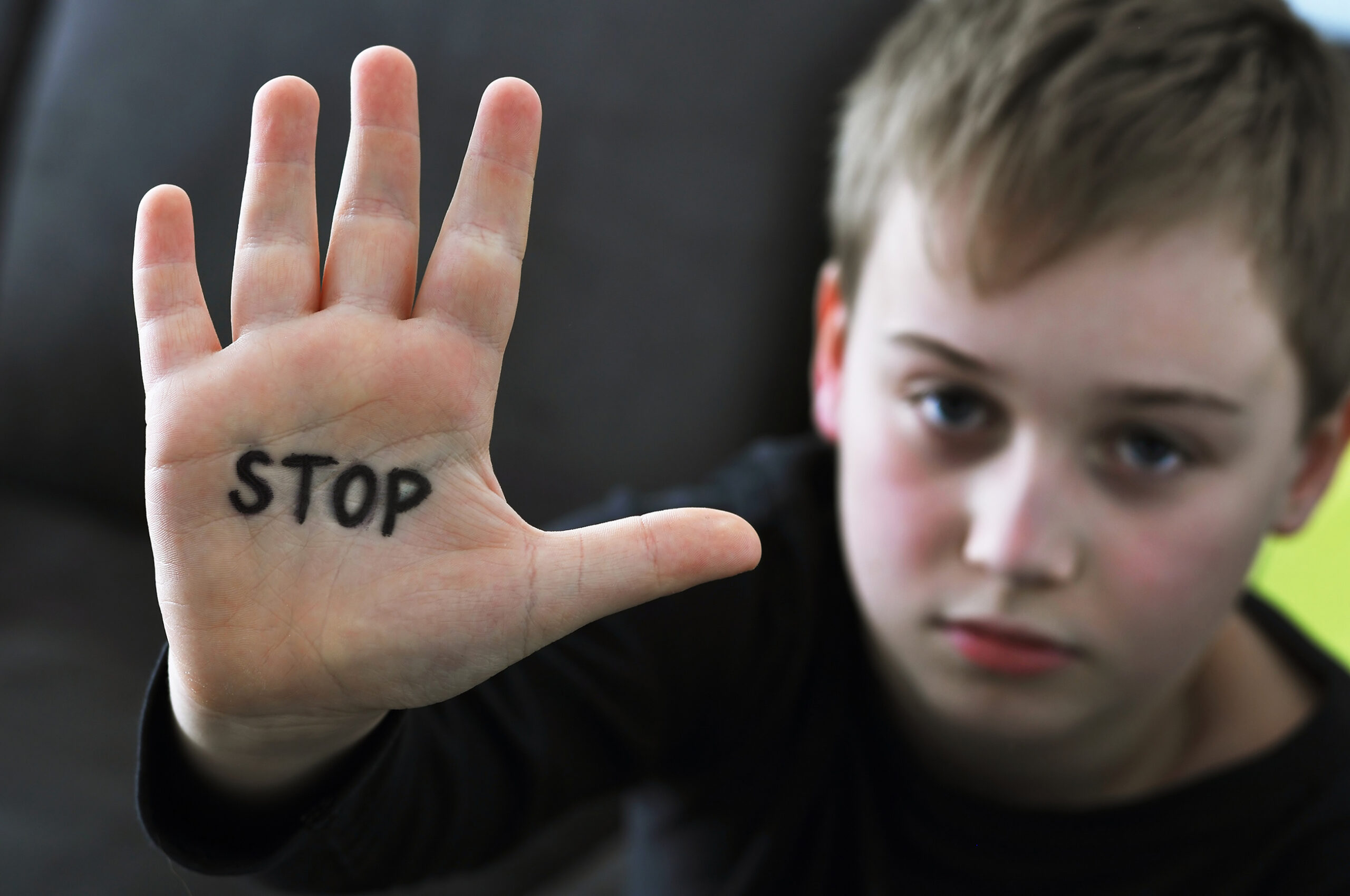
So, in moving forward with the younger generation, how prepared are we to talk about our past and that of the broader Christian Church in Australia and its horrendous impact on young people? What do we offer them now?
2. They know about Sexual Assault
2021 will go down as the year that sexual assault in our community gains much more comprehensive visibility. This visibility has come via the appointment of Grace Tame, a sexual abuse survivor and advocate, as Australian of the Year. Brittany Higgins who was raped in our Federal Parliament House. And finally, Chanel Contos’ whose survey identified the significant amount of sexual abuse that high school students have suffered (primarily in Sydney in the initial study), often in our wealthy private schools.
Our younger people are getting important information on sexual assault from many leading shows such as ’13 Reasons Why’ and ‘Riverdale’ on Netflix, and other series such as ‘Why’, ‘Skam’, ‘Split’, ‘Game of Thrones’, ‘Skins’ and ‘Euphoria’. The video below by YouTube content creator ravenclaw’s has drawn together a montage from these shows, which I have blended with another from creator zoe edits. This video also incorporated the sexual assault of young men. (Trigger Warning on the video content, sexual violence and graphic discussion).
In the 13 Reasons Why scene where Tyler tells Clay how he was raped, we see Clay’s consent to approach and touch Tyler, the victim. Many of our religious leaders fail on this essential step.
Further, Christian leaders have a history of saying to victims, focus on forgiving your attacker as well as forget it and get over it.
Importantly, Contos’s study brought into the public domain that our youth believe relationship and sex education in NSW schools is woefully inadequate. Our youth see Christian leaders have played a significant role in limiting relationship and sex education in NSW schools. Parents can withdraw their children from even this minimal education.
Mark Latham’s One Nation Party has a bill in the NSW Parliament to expand parents rights to withdraw their child from any lesson they view a controversial. This could include, for example, Aboriginal History that he sees as controversial. This bill has the strong support of many Christian denominations and Christian advocates.
So when our young people want to have robust, informed and detailed discussions on relationships and sexuality, how do we overcome what they perceive is irrelevant and 18th-century thinking and ideologies from Christians?
3. They know about Domestic and Family Violence
Our younger people are a lot more alert to the issues of domestic and family violence. Fortunately, at an earlier national Assembly of the Uniting Church in Australia, this has been recognised. As a result, a significant reflection on domestic and family violence within the Uniting Church is underway.
See the Assembly resources here https://uniting.church/dfv/ and the Assembly resolution on Domestic and Family Violence at this link https://mk0unitingchurcq6akw.kinstacdn.com/wp-content/uploads/2021/04/09-Domestic-and-Family-Violence-15th-Assembly-Resolution.pdf .
However, many young people still hear Christians saying that victims of domestic and family violence should remain in their marriages or families. They hear that, above all, they should forgive the abuser rather than seek refuge and safety. Unfortunately, too many young people have already had their lives devastated by domestic and family violence.
The broader Christian churches have a history of being on the side of the abuser rather than the victims.
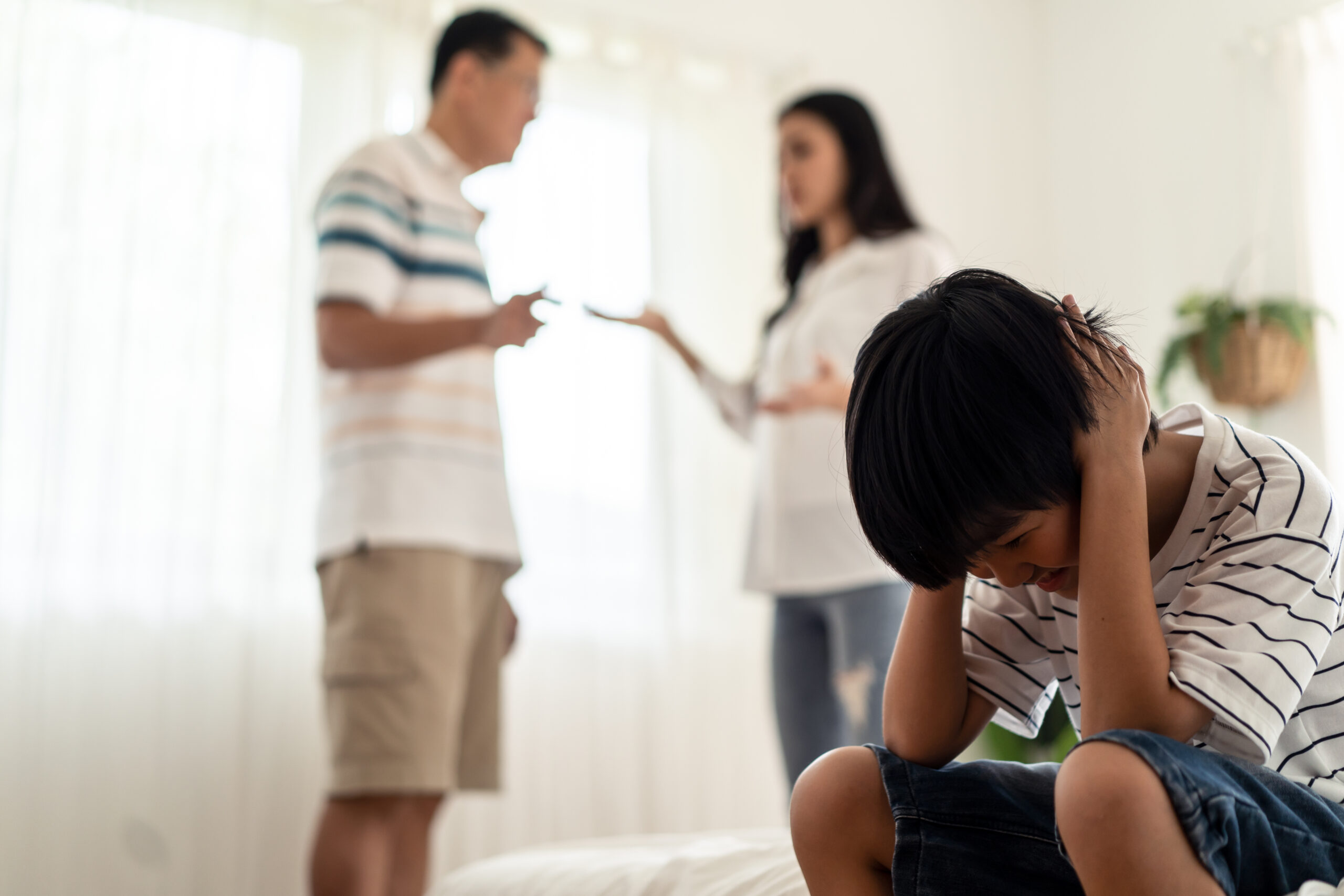
So as we reach out to people in the first third of life, how do we demonstrate the reality of our recognition of domestic and family violence to those who are victims, know victims, or are socially aware of these issues our role in this area in the past?
4. They have Friends and Relatives who are LGBTIQ
Most young people will know someone who is LGBTIQ and realise that, unlike the views of many Christians, they are not inherently disordered and sinful people. The majority also expect that LGBTIQ people can marry a person of their choosing.
Their experience of LGBTIQ people is often one of two, either an LGBTIQ person with a level of depression or joyfulness.
For those that suffer depression, this often stems from their family, usually based on religious dogma.
The other end is a fully alive, joyful and engaging person. Their families and friends fully accept them without any reservation.
They hear the Christian message of love for one another but see the lack of love and inclusion of LGBTIQ people in most churches. Often the only time they hear of churches is where there is some negative view towards LGBTIQ people, based on exclusion rather than inclusion.
Further, they are aware that the Mark Latham “parental right’s bill” which has support from some in the NSW Government, is designed to ensure that transgender and gender diverse kids in our schools are erased. The proposed legislation will have the effect that if a school staff member provides any support to a transgender or gender diverse child they will be sacked. If that person is also a teacher they will have their teachers license revoked. The majority of support for this bill has come from Christian churches, other faiths and Christian lobby groups.
This article demonstrates some of the messages those against transgender people often use as one example. https://medium.com/prismnpen/trans-women-are-not-abusing-children-religious-leaders-are-f23f018732bc
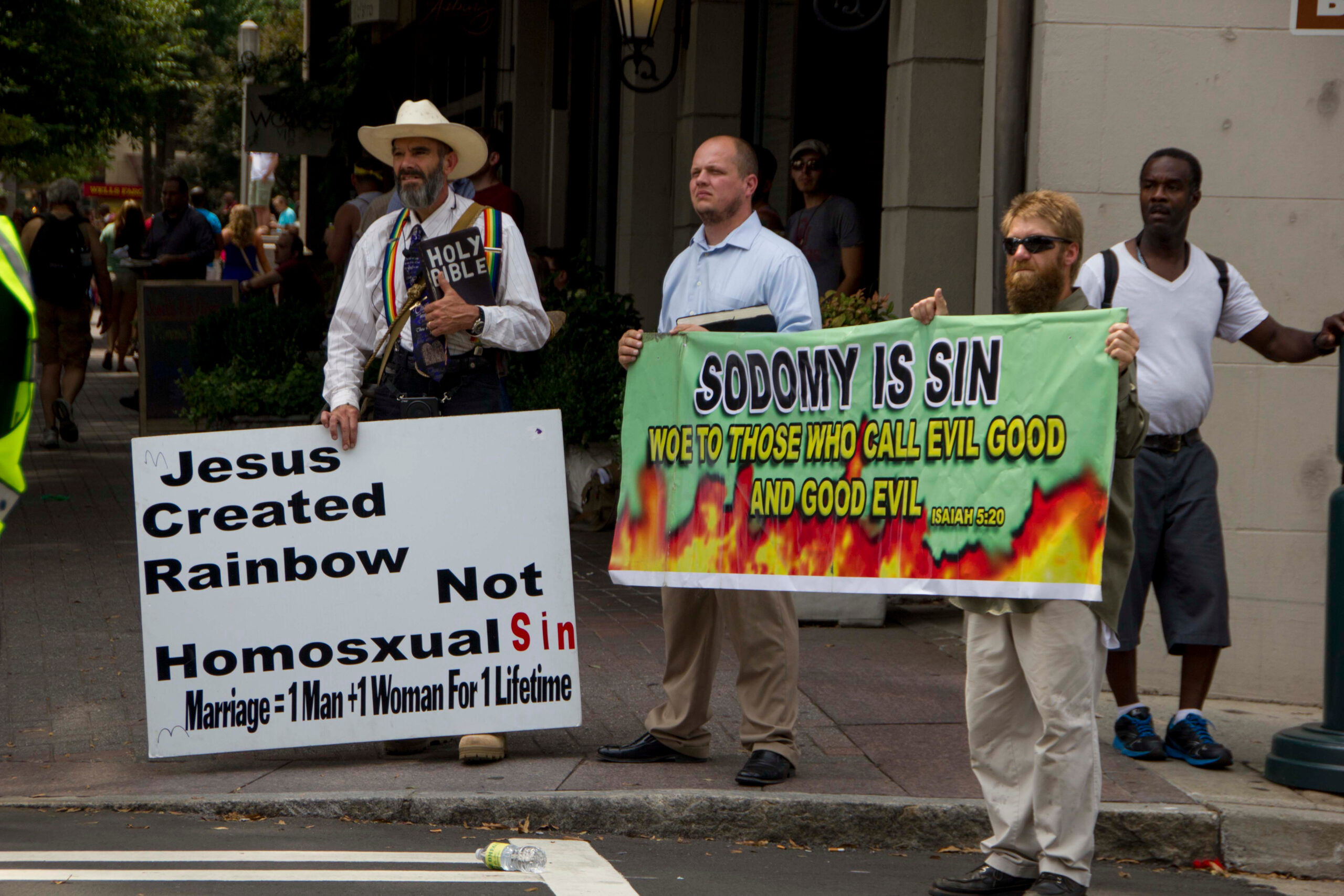
So how do we reach out to young people in our societies and communities when even within the Uniting Church in NSW/ACT when outr congregations don’t have a consistent position around LGBTIQ people?
The risk is that due to that inconsistency, when young people may have doubts about their safety for themselves or their friends about a local congregation, they may never engage.
Concluding Comment
As we in the Uniting Church NSW/ACT start executing this first third of life strategy, just as with COVID, I believe our old normal will not cut the mustard. We need to consider developing a new construct and consider if our theology is still sound as we navigate this vital mission?
I don’t have the answers now, but I know these are the questions we need to consider.
o O o
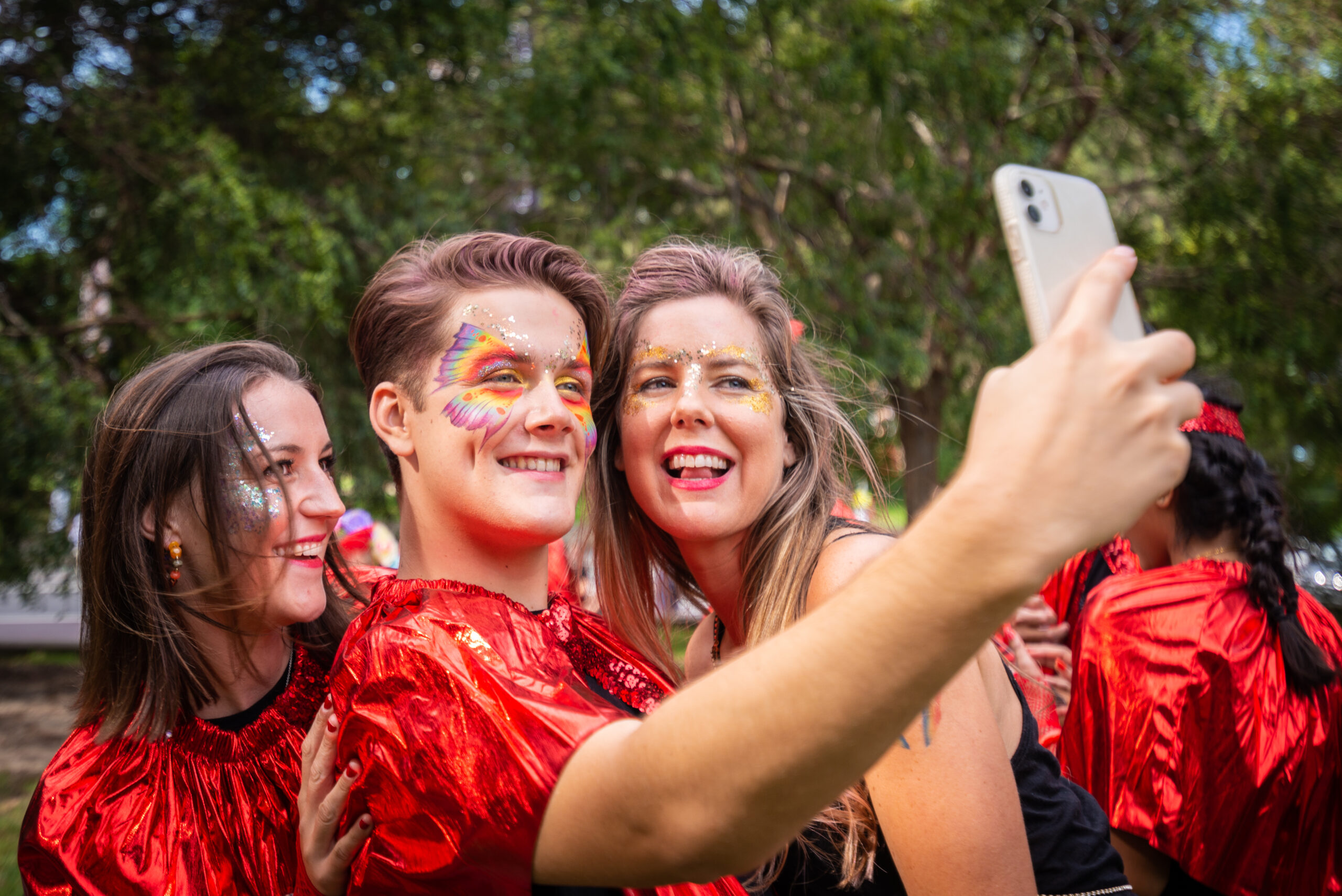
10 October 20201, Sydney

